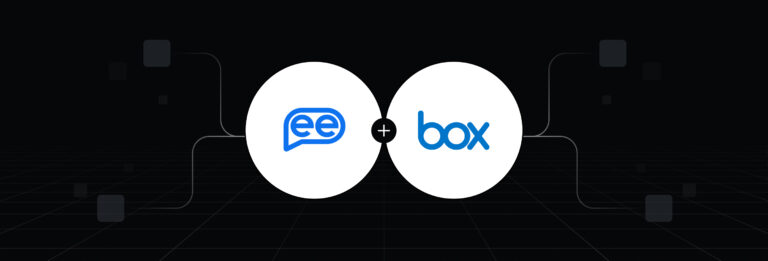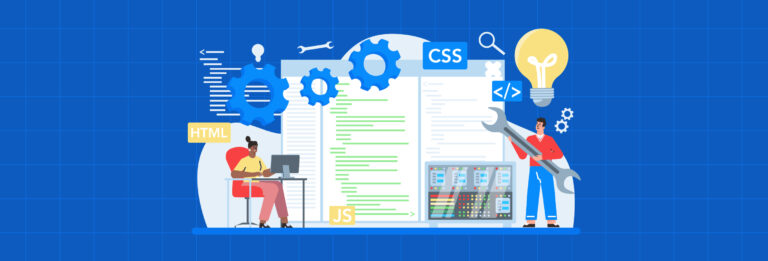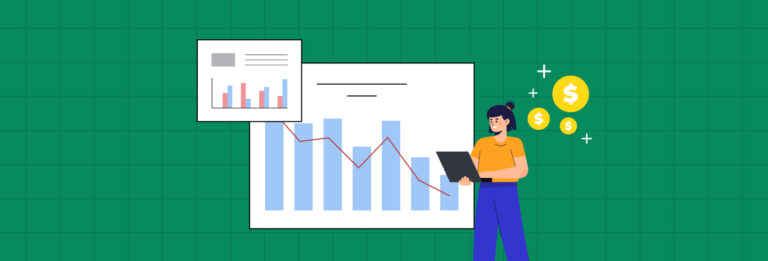Employees join an organization with some expectations, and it’s no longer just about getting competitive remuneration. During the recruitment process, employees want more clarity about at least four things from the get-go: responsibilities, work hours, leadership, and possibilities; each tailored to the role they’re interviewing for.
There has also been a shift in how employers evaluate applicants. While traditionally the focus was on organizations recruiting employees based on their skills, experience, and how up-to-date they are with the industry trends, there has been a drastic shift towards meeting talent needs and the ability to adapt to the changing expectations from the organizations at the same time.
This is why there has been an increase in the adoption of artificial intelligence in recruitment. The technology is not just helping organizations make the right hires, but also meeting talent expectations proactively with the help of concrete and real-time data.
In this blog, we’re going to break down the current role of artificial intelligence in recruitment and how it is benefitting various functions of the department.
What is the role of AI in the recruitment process?
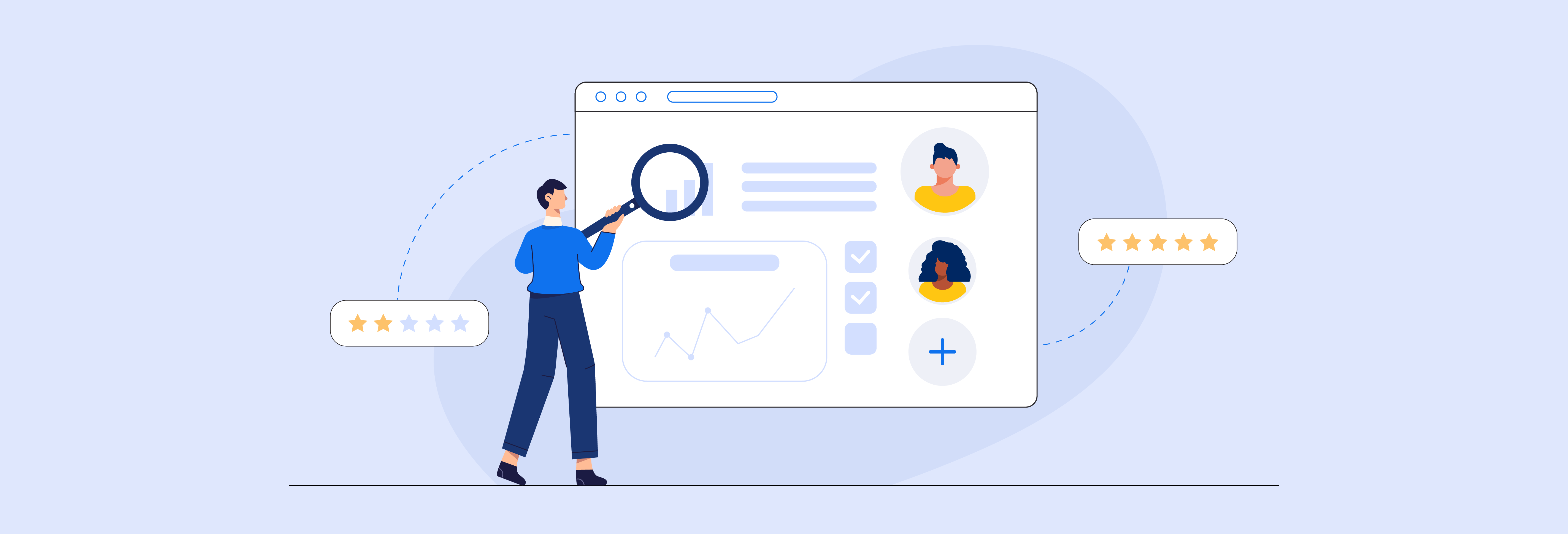
There are several ways in which organizations are exploring the partnership between AI and recruitment. Let’s take a look at some of the most beneficial ones:
Back and Forth Emails vs Fast Track Automated Solution
It is important to set expectations straight when engaging with a job applicant. Often, candidates have many questions beyond the job descriptions, and sometimes within. Most of these are routine questions that don’t necessarily require an HR professional. But some questions do require human HR intervention. This is where the old-school way of recruitment, does not work out.
HR professionals always remain busy – answering emails from candidates and a plethora of other tasks that often don’t require HR intervention. On average 250 people apply to a typical corporate job. With such numbers, imagine the back and forth of emails between the applicant and HR, ultimately resulting in only 4-7 landing an interview. By using AI recruiting software, HR professionals can hand over these repetitive queries to a chatbot.
AI chatbots can handle most of the applicant’s first-level queries through machine learning. They can also be used to collect information at different stages of the recruitment process without the back-and-forth emails.
According to a report from the McKinsey Global Institute, we spend about 13 hours a week writing emails. With AI in hiring, the HR team can make better use of their work hours! The AI-powered chatbots can also handle a lot of other tasks — from sending questionnaires, to collecting documents and even sending reminders both to candidates and recruiters.
Manual Evaluation vs Data-Driven Evaluation
Imagine, sifting over 200 applicants on every job description with a preconceived expectation of what the perfect candidate looks like.
The manual evaluation of candidates is a long-drawn, tedious process. There is no perfect formatting that can make this job any easier for HR professionals, they have to go through each of the resumes. These numbers can run into thousands, depending upon the number of vacancies at a given time.
Using a data-driven evaluation tool makes the process super easy and accurate. According to a study, 40% time of recruiters is spent on data entry or sifting through tons of resumes to find the right candidate. By leveraging artificial intelligence in recruiting new candidates, the talent acquisition team can sift through the noise and ghost applicants to find the best fit. They can access intel on what the candidate may bring to the table, with past experiences, skills, and potential through a more extensive database of information.
As manual operations decrease, the number of parameters for applicant evaluation can also be expanded, leading to better hires.
AI-powered recruiting software can also enable organizations to make accurate predictions on how long the candidate will continue in the organization. It also gives recruiters a quick access sheet of the best fits, from which they can choose the perfect match.
Unconscious Bias vs Digitized Interview Analysis
Recruiters can’t afford to hire managers’ unconscious biases to cloud their judgments. Even while writing job descriptions, unconscious biases or preferences can cause recruiting managers to use words that cater to a specific audience. This ultimately reduces your candidate pool from the get-go, negatively impacting the diversity in the workspace, and not to mention, potentially harming your chances of getting the best candidate.
That’s where artificial intelligence in recruitment comes in. Digitized interviews can be analyzed on parameters like confidence, brightness, response time, accuracy, the potential to learn, the ability to find solutions/identify problems, and many other parameters. A successful data-driven approach removes impartiality and keeps the playing field leveled for all applicants regardless of background, caste, creed, gender, and university.
How artificial intelligence in recruitment is changing processes from different perspectives?

For the employee
Employees benefit hugely from the impartial, data-driven approach of an AI-powered recruitment process. With AI solutions, employees don’t have to engage in tedious back and forth on emails and wait for hours to get replies to simple questions. With AI chatbots, candidates get access to instant replies, easy document uploads, and a convenient channel to clear doubts on the way. Moreover, AI-driven recruitment software is making the candidate experience much smoother.
On all levels, employees get matched to jobs that fit their profiles and are mapped to teams that will give them the right platform to hone their skills and showcase their talent.
For the talent acquisition team
The talent acquisition team gets the biggest piece of the pie with AI-based recruiting software. Not only do AI-backed recruiting solutions give them the best talent on their side, but also save them a tonne of time. Imagine the manual data work that this team had been wasting hours on, after having studied more than 100 hours of social and corporate psychology.
From the get-go AI recruiting software saves the talent acquisition team a lot of time which they can spend on keeping the employees engaged. Overall, by using artificial intelligence in recruiting new candidates, HR teams get the benefit of faster turnaround time, better matches, and a smoother, easier process.
The entire talent acquisition team will be able to observe the recruitment process with transparency through data and recruiting KPIs including quality of hire.
Talent acquisition teams also get a platform to accurately assess soft skills, since most of the hard labor is done by the software. This is a huge boon, considering the attrition rates corporates always seem to be struggling with. Besides, it helps the teams to understand the market better.
For the organization as a whole
AI-based recruiting is in general much more cost-effective than legacy solutions. Besides, the best talent leads to growth for the organization and ensures better productivity. A huge advantage here is the ability of AI recruiting software to follow a two-way approach and get the best match.
What will be the future role of artificial intelligence in recruitment?
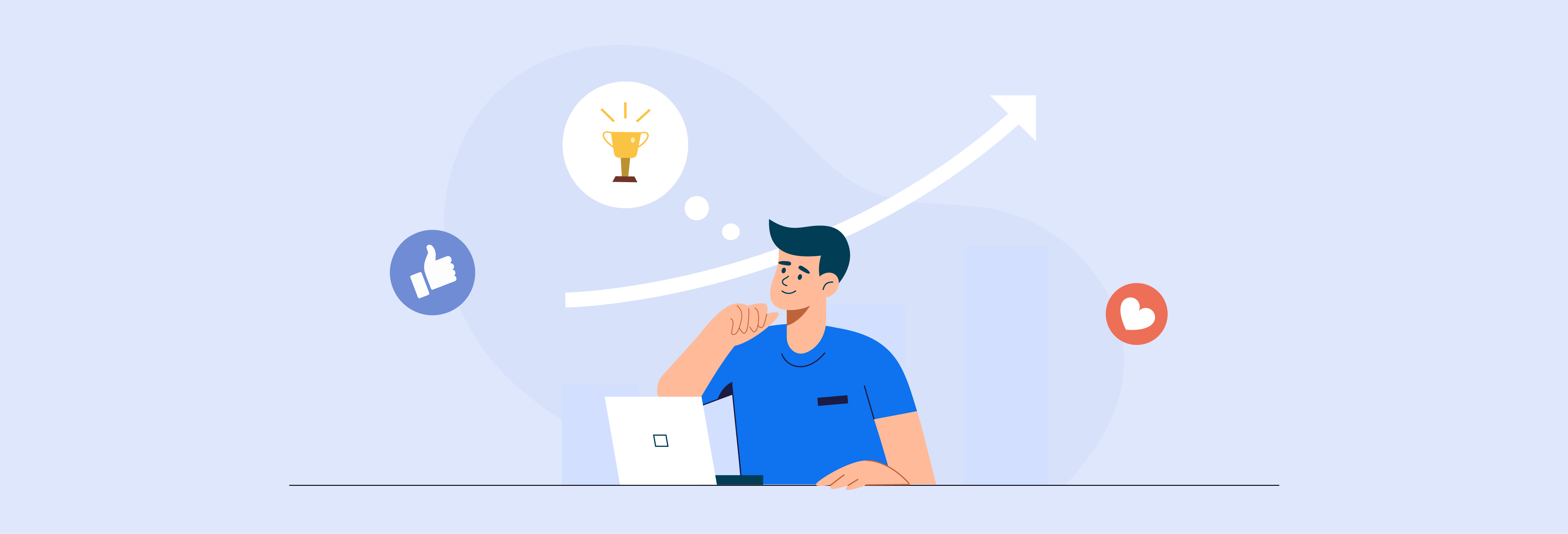
The online recruitment market is all set to rise by a CAGR of 7.1% in the coming years, and the change in the working environment is about to leave recruiters in a tizzy.
From a hybrid workspace, remote, full-time, and now with professionals looking at meta-based locations in the metaverse, it is time to gear up our sleeves for a joy ride. Artificial intelligence will help organizations keep up with the ever-changing game by helping organizations and teams function at scale. The possibilities with AI are endless.
Industry experts are also looking at Augmented Intelligence. Many of them believe the future of artificial intelligence in recruiting is augmented intelligence. It is a pattern of designing workflows that establish a human-centered partnership model consisting of both artificial intelligence tools and human intervention.
In a nutshell, the potential of artificial intelligence is huge and offers a great deal of respite and benefits to talent acquisition teams and in turn to candidates and the organization. Predictions say that the use of AI recruiting software is set to rise to 36%. The time is ripe to jump in and smooth out your hiring process with a power-packed AI-backed solution.



